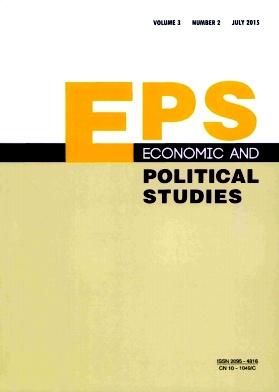信任和权力的认知与纳税遵从性相关:一项跨文化研究
IF 2
4区 社会学
Q2 SOCIAL SCIENCES, INTERDISCIPLINARY
引用次数: 3
摘要
摘要税收合规的滑坡框架假设纳税人的合规行为取决于两个维度:对当局的信任和当局的权力。为了克服常见的方法偏差,本研究对44个国家/地区的样本进行了SSF的主要假设测试。国家/地区一级的信任和权力指数是根据涉及14509名参与者的实验数据计算的,与影子经济估计有关,作为不遵守情况的替代指标,还与腐败指数有关。结果表明,信任和权力都与影子经济的规模和腐败程度呈负相关。这些结果强调了SSF在打击逃税和整个社会中适得其反行为方面的重要性。本文章由计算机程序翻译,如有差异,请以英文原文为准。
Perceptions of trust and power are associated with tax compliance: A cross-cultural study
Abstract The slippery slope framework (SSF) of tax compliance postulates that taxpayers’ compliance behaviour depends on the two dimensions: trust in authorities and power of authorities. In an attempt to overcome common-method biases, the present study tests the main assumptions of the SSF with a sample of 44 countries/regions. Country/region-level trust and power indices are calculated based on experimental data involving 14,509 participants and related to shadow economy estimates and – as an alternative indicator of non-compliance – corruption indices. The results indicate that both trust and power are negatively related to the size of the shadow economy and the extent of corruption. These results emphasise the importance of both SSF dimensions in combating tax evasion and counterproductive behaviour within a society in general.
求助全文
通过发布文献求助,成功后即可免费获取论文全文。
去求助
来源期刊

Economic and Political Studies-EPS
SOCIAL SCIENCES, INTERDISCIPLINARY-
CiteScore
5.60
自引率
4.20%
发文量
29
 求助内容:
求助内容: 应助结果提醒方式:
应助结果提醒方式:


